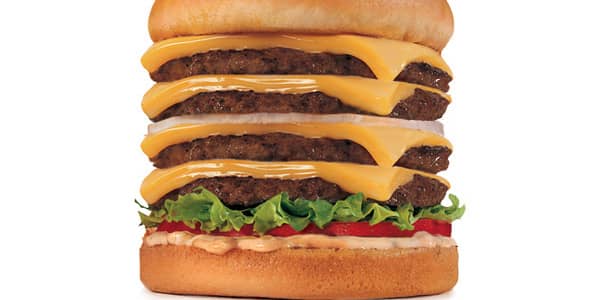Five to seven years. That's the length of time the Federal Reserve suggested last week that it would take for the U.S. economy to recover from the worst economic downturn since the Great Depression.
A new survey released by AlixPartners shows that most Americans are a little more optimistic than the Fed. The majority of those surveyed don't expect their quality of life—including their spending levels—to return to pre-recession levels until mid-2013.
While it may seem like good news on the surface that consumers are more optimistic than the Fed, Bryan Eshelman, managing director of the global retail practice at AlixPartners, said the firm's research has found Americans keep pushing that date farther into the future, and consumers tend to be more optimistic than circumstances may dictate.
When the firm polled people last November, respondents expected a return to "normal" by November 2012. Now they're saying not until August 2013.
It will be interesting to see when they do their next survey whether that date gets pushed out even farther.
Still even with a bias toward optimism, the overall results of the survey revealed that Americans have grown more pessimistic. Seven in 10 people feel the same or worse about their personal economic situation than a year ago, when the economy was in the depths of the recession.
About 83 percent of those surveyed expect to spend the same or less on non-essential purchases over the next 12 months.
One reason for that is consumers' continued emphasis on reducing their own personal debt levels and a continued fear of possible job loss. But debt reduction is becoming increasingly important.
In the latest survey, about 20 percent of those surveyed cited debt reduction as their top concern, compared with 18 percent that cited personal debt last Novemeber.
That view is being expressed at a time when most forms of household debt have been coming down. Total household credit has contracted for seven staight quarters, with mortgage debt, bank-card borrowings, auto loans and home equity loans all falling.
While getting fresh credit may be problematic in this environment of tight credit, and some consumers—especially those who are facing foreclosure—have little choice than to focus on deleveraging, there still is the sense that consumers are hunkering down due to widespread uncertainty. Whatever the reason, spending will be pressured for some time to come by the desire to lower outstanding debts.
"The watchword is uncertainty," said Eshelman. "There are so many uncertainties, from the oil spill to government policy, the whipsawing of the stock market."
Eshelman believes this will make it very difficult for retailers in the months to come, when the industry will begin facing competitive sales figures in the year-ago period.
He expects that many will find most of the good news that's been reported in retail has been the function of favorable year-over-year comparisons.
Eshelman says retailers will need to be very conservative with their inventory levels and continue to manage costs as they have been. But if consumers do pick-up their spending, they wil need to do whatever they can to build reaction time so they can fill in inventory quickly.
Questions? Comments? Email us at consumernation@cnbc.com





